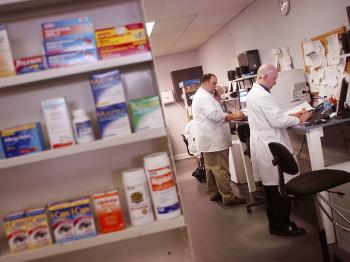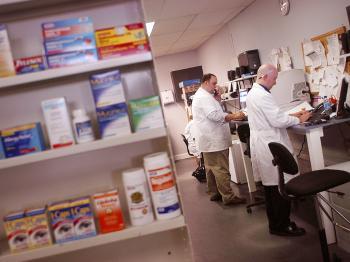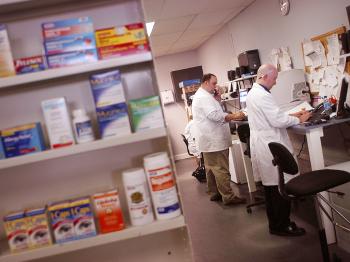“The credit crunch may provide new opportunities for many large pharmaceutical companies, particularly those with low debt ratios and strong cash positions,” PricewaterhouseCoopers (PwC) said in its 12th Annual Global CEO Survey, published on its Web site.
Facing unprecedented pharmaceutical patent expirations over the coming years and subsequent competition with generic drug makers, Schering-Plough Corp., Bristol-Myers Squibb Co., Johnson & Johnson, Pfizer Inc., Bayer Corp. and other pharmaceutical companies are searching frantically for new cash cows or different business models to stabilize their businesses.
The patents for Lipitor, a top selling drug produced by Pfizer Inc., is due to expire in 2010. Lipitor is a prescription drug that treats conditions related to heart disease such as high cholesterol.
In 2012, a number of drugs are going off patent, including Crestor from AstraZeneca Plc, and the hypertension drug Diovan from Novartis AG, according to Seeking Alpha, a market analysis Web site.
PwC cites research firm Sanford C. Bernstein in its Pharma 2020 report indicating that pharmaceuticals will face revenue losses between 2 to 40 percent from expiring drug patents. Furthermore, less than 50 percent of the large firms have any drugs in the pipeline that are promising enough to compensate for these revenue losses.
So far, no blockbuster drugs have been announced, and the scramble by smaller competitors to get generic versions of those popular drugs ready to hit the market is at an all-time high.
“If the leading pharmaceutical companies cannot change their business models rapidly, other firms may ultimately feature more prominently on the health care scene than they themselves,” PwC warns the pharmaceutical global players in a press release.






